Q: What do Mark Chavez, Associate Director of Research Training at the NIH’s National Institute of Mental Health; Larry Clark, Director of the United States Department of Agriculture National Wildlife Research Center; Jeannine Delwiche, Sensory Manager at the specialty chemical company FMC Corporation; and Monell Associate Director Nancy Rawson all have in common?

Mark Chavez, PhD |
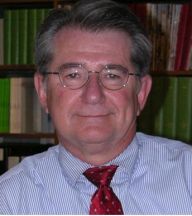
Larry Clark, PhD |
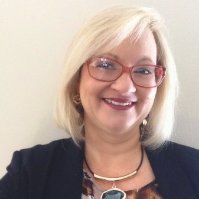
Jeannine Delwiche, PhD |
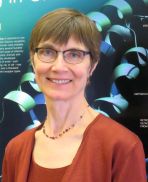
Nancy Rawson, PhD |
A: Each received postdoctoral training at Monell.
Since Monell’s founding in 1968, one of our priorities has been educating the next generation of scientists. Our Postdoctoral Training Program grew out of that commitment (as did Monell’s Science Apprenticeship Program for high school and undergraduate students).
As a result, for over 45 years, postdoctoral fellows (or, more commonly, “postdocs”) have come to Monell to prepare for positions in academia, government, and private industry. What draws these talented scientists to the Center, and what makes them so well suited for a range of careers after their time here?
No Two Monell Postdocs are Alike
Postdocs are PhD or MD recipients who seek additional scientific training to broaden and deepen their abilities. Monell’s multidisciplinary approach to research attracts trainees from many different scientific backgrounds, and offers a compelling range of projects for them to explore.
After all, the chemical senses relate to many aspects of our lives. Understanding chemical sensation and perception at a range of levels advances studies of health, nutrition, and the environment, among others.
Early-career scientists with many different doctoral degrees find projects and mentors of interest here. Monell’s current 15 postdoctoral fellows hold degrees ranging from Food Science to Oral Physiology to Molecular Biology and are working with 11 equally diverse faculty members.
Each postdoc is using Monell’s unique focus on the chemical senses to expand upon their earlier training.
Where else will you find a neuroscientist whose dissertation involved studying how birds learn to sing using his skills to understand the cellular and molecular basis of salty taste? Or a hearing and speech scientist who now focuses on how chemical irritants affect respiratory function?
The Pull of a Unique Training Environment
We asked two current postdocs who work with Dr. Gary Beauchamp and Dr. Bruce Kimball what attracted them to Monell.
Dr. Stephanie Gervasi, who received her PhD in Zoology, wrote her dissertation on the infection dynamics of a fungus that affects amphibians. While the connection between fungi and taste and smell may not be immediately obvious, Gervasi says that she was drawn to Monell by the opportunity to study how sensory systems affect disease dynamics and social interactions.
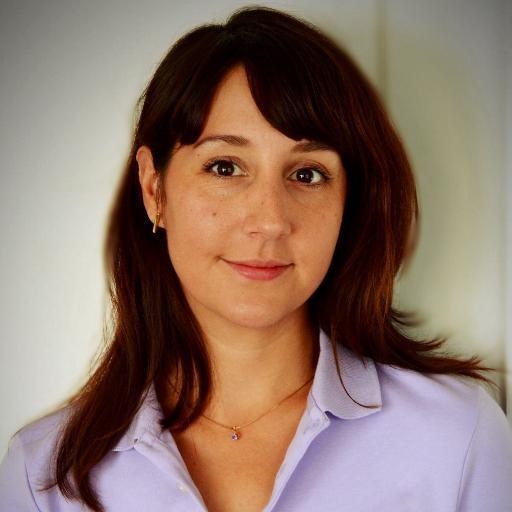 Stephanie Gervasi, PhD
Stephanie Gervasi, PhD
“What excited me most about this position was how it both complimented my background and involved novel approaches in the field of chemical ecology,” Gervasi says. “The availability of tools and techniques from many different disciplines really makes Monell a unique place to work.”
Dr. Patrick Millet, who also works in the Beauchamp/Kimball lab, applied to Monell with a desire to apply his doctoral work on the immune system to increase understanding olfactory signals of disease. Millet received his PhD in Molecular Genetics and Genomics after writing a dissertation about how metabolism and inflammation are regulated in certain white blood cells.
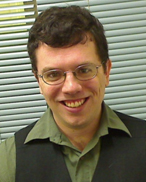 Patrick Millet, PhD
Patrick Millet, PhD
“I wanted to be a part of the research that Gary and Bruce are doing on the underlying causes of disease-related odors,” Millet says. “These studies could lead to important medical applications, such as technology that could diagnose disease based on body odors.”
A Grounded Approach to Cutting Edge Research
Monell has a robust support system for our postdoctoral fellows. An advisory committee steers the program as a whole, while each fellow has one or more mentors to guide them through their training.
And no wonder: they have much to accomplish.
In addition to conducting research, Monell postdocs are expected to publish their findings in peer-reviewed scientific journals. They do, quite successfully: over the past four years, postdocs have contributed to 69 Monell publications, often as the paper’s lead author. Trainees also attend national and international scientific conferences to present their research findings: most recently, several fellows attended the 17th International Symposium on Olfaction and Taste in Japan.
Additional opportunities for professional development include seminars, special meetings and symposia, journal clubs, and public speaking opportunities.
It sounds exhausting, but many of our postdocs also enthusiastically volunteer to take part in science outreach, including the Philadelphia Science Festival – a yearly community-wide science celebration.
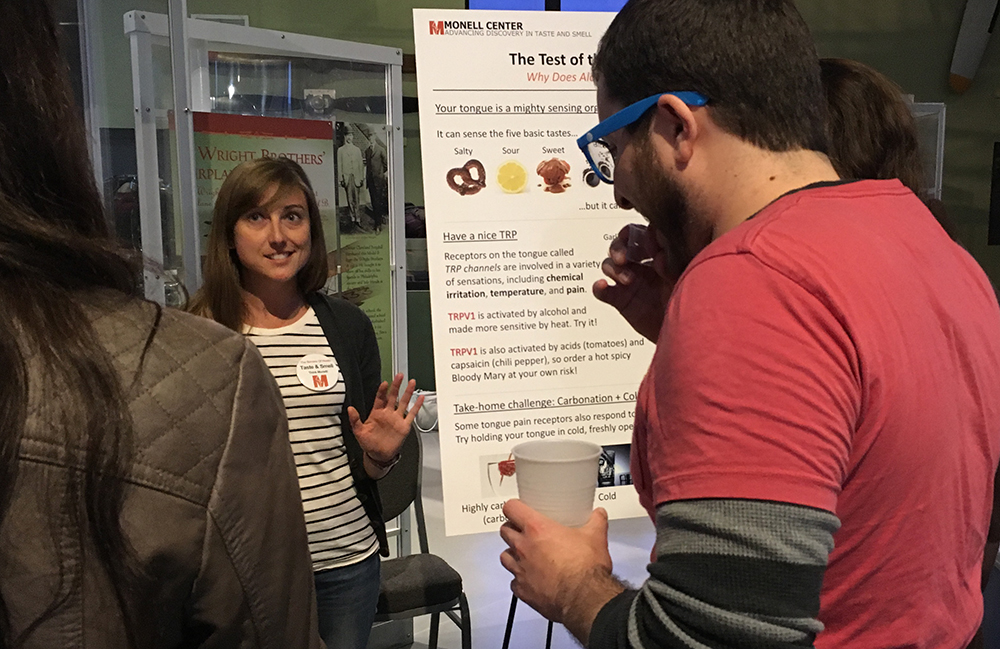 Casey Trimmer, PhD, at the 2016 Philadelphia Science Festival
Casey Trimmer, PhD, at the 2016 Philadelphia Science Festival
Public outreach events like these enable trainees to hone their ability to effectively communicate scientific concepts by discussing details of Monell’s research with a wide range of audiences.
Building Bridges
Working at Monell typically means collaborating with scientists from different disciplines. Ultimately, that means the behavioral psychologist has to be able to communicate with the analytical chemist and the molecular biologist, which can sometimes be nearly as challenging as discussing research with non-scientist members of the public.
Monell’s interdisciplinary environment provides postdocs with ample opportunity to develop and practice this skill. In fact, Dr. Nuala Bobowski, currently studying the development of taste preferences in Dr. Julie Mennella’s lab, says that the broad availability of approaches and perspectives is Monell’s greatest asset.
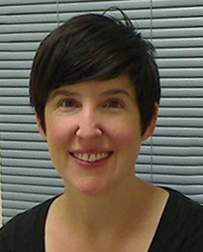 Nuala Bobowski, PhD
Nuala Bobowski, PhD
Bobowski cites a personal example of collecting data about children’s response to a particular taste quality. The very same day she discussed her behavioral results with Dr. Mennella, a psychobiologist, and also with a geneticist and a neurobiologist – all without leaving the building. “Monell’s interdisciplinary framework allows for an immensely collaborative and productive environment,” Bobowski says.
Zoologist Gervasi and immunologist Millet both benefit from this unique Monell quality as well – they don’t even need to leave their lab to obtain broad-based feedback, as Dr. Beauchamp, a biopsychologist, and Dr. Kimball, a chemical ecologist, exemplify the power of Monell’s collaborative approach to science.
Monell’s connection to industry provides yet another valuable perspective. Interactions with our corporate sponsors gives our postdocs more insight into real-world problems than they would likely encounter in a purely academic setting.
Their Gain is Our Gain
Monell’s postdocs aren’t the only ones who benefit from the training program. In return for the top-notch professional training they receive, the talented young scientists contribute diverse perspectives from outside the chemical senses. They also bring knowledge of emerging technologies and approaches to the Center, helping to keep us on the cutting edge of research techniques.
Monell’s strong training program provides our postdocs with an exceptionally broad set of skills and viewpoints, preparing them for careers in the worlds of academia, industry, and government, as evidenced by the individuals introduced at the beginning of this post and hundreds more worldwide.
Importantly, Monell postdocs carry the Center’s reputation for excellence. That makes a big difference. “I think having the name ‘Monell’ on my CV has helped me immensely in my job search,” says Bobowski.
“Monell is known for producing great scientists.”
